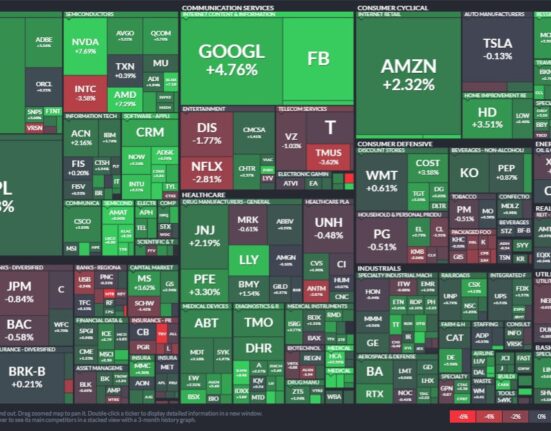Because of an age-old law known as the Jones Act, U.S. citizens residing in Puerto Rico face a unique challenge when it comes to accessing affordable energy. While the neighboring Dominican Republic enjoys cheaper energy sourced from America, Puerto Rico is left paying a premium due to restrictive shipping regulations.
Over a century ago, Congress enacted the Merchant Marine Act of 1920, commonly referred to as the Jones Act. This legislation mandates that goods transported between U.S. ports must be carried exclusively on ships meeting stringent criteria—built in the United States, owned by U.S. citizens, crewed by Americans, and flagged under the United States.
Supporters of the Jones Act argue that it was designed to bolster the domestic maritime industry and safeguard national security interests. However, in practice, this protectionist policy has backfired for Puerto Rico. The act inadvertently inflates shipping costs and constrains competition within domestic markets—a situation that has significant repercussions for Puerto Rican consumers.
“Due to absurdly strict requirements…the Jones Act increases the cost of shipping and ship manufacturing by limiting competition in domestic markets,”
explained an industry expert.
For years, Puerto Rico has been disadvantaged by its inability to import Liquefied Natural Gas (LNG) from mainland America economically. Unlike other regions that can utilize various transportation modes like trucking or rail for LNG imports, Puerto Rico is predominantly reliant on costly Jones Act-compliant carriers—a logistical challenge exacerbated by limited vessel availability until recently.
A glimmer of hope emerged with a provision in the U.S. Coast Guard Authorization Act of 1996 allowing foreign ships built before October 19, 1996 to transport U.S.-sourced LNG to Puerto Rico if they adhere to remaining Jones Act stipulations. This loophole opened doors for companies like Crowley Maritime to navigate around prohibitive costs and begin supplying LNG to Puerto Rico using vessels such as American Energy—an aging French-built carrier.
“While this technicality offers minor relief…the financial burden imposed by the Jones Act persists,”
remarked an industry analyst.
The stark contrast between Puerto Rico and its neighbor becomes apparent when observing how the Dominican Republic bypasses these restrictions effortlessly. By leveraging modern and efficient foreign LNG carriers unaffected by similar regulations, they enjoy significantly lower shipping costs compared to their counterparts across the water.
“The Dominican Republic benefits from global market competitiveness…with operating costs substantially lower than those incurred by U.S.-flagged vessels,”
highlighted recent reports.
Furthermore, while Crowley Maritime’s efforts represent a short-term workaround for Puerto Rico’s energy woes, they underscore a larger systemic issue—the need for comprehensive reform rather than temporary fixes.
“Crowley’s new ship is not a long-term solution…it highlights our desperate reliance on loopholes instead of addressing fundamental policy flaws,”
noted an economic analyst.
Ultimately, repealing or amending outdated legislation like the Jones Act holds promise for leveling the playing field and reducing economic disparities faced by American citizens residing in territories like Puerto Rico. It’s time for substantive change—one that prioritizes fairness and efficiency over archaic protectionism practices lingering from past eras.









Leave feedback about this